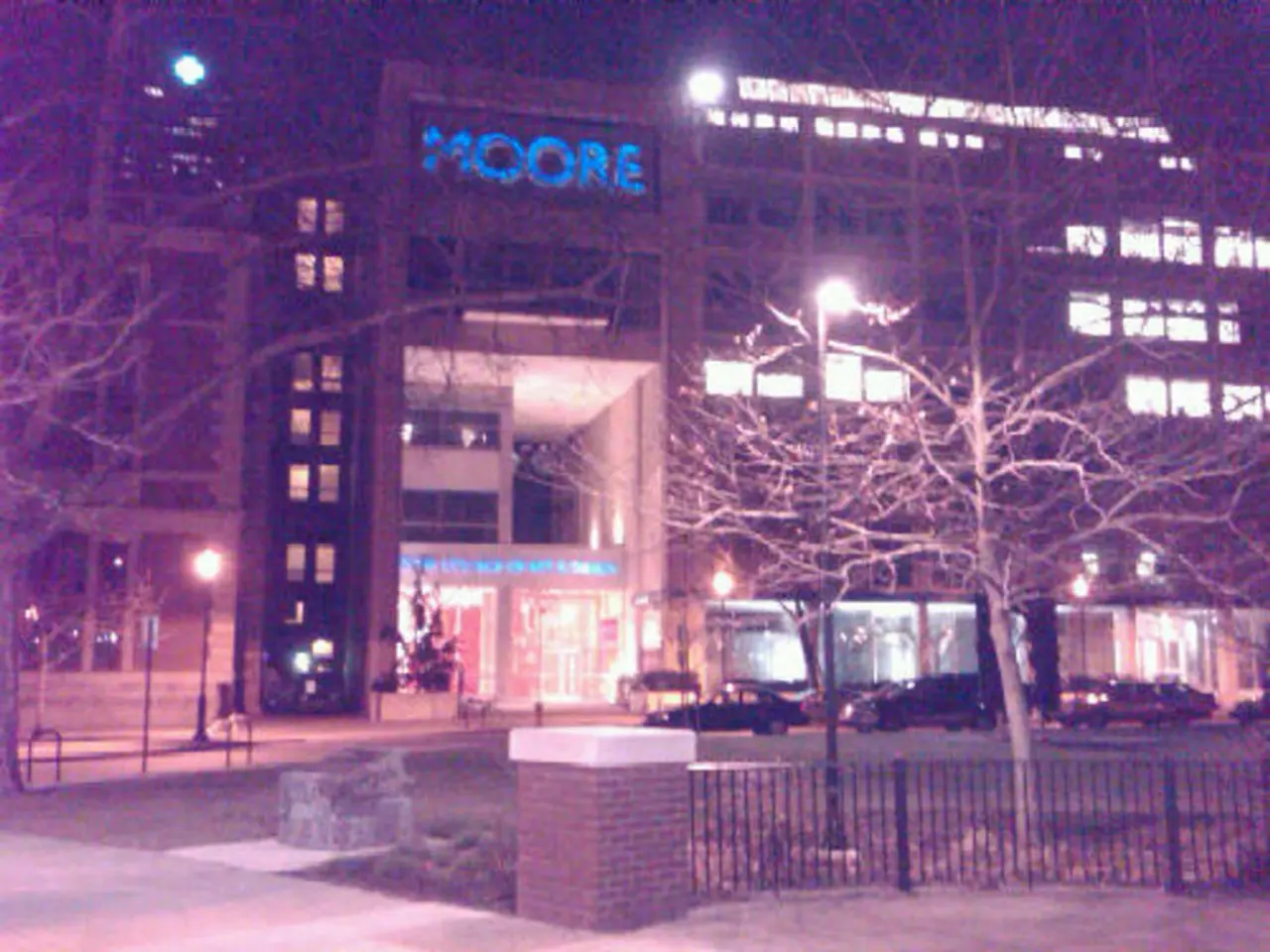Key Points to Consider Regarding Urgent Care Centers Before Your Visit
Urgent care centers are medical facilities that provide treatment for non-life-threatening conditions, such as illness or minor injuries. These centers can be a valuable alternative for individuals who don't have a primary care doctor or require care outside of business hours.
Many urgent care clinics are walk-in centers, but some allow appointments. This flexibility makes them accessible for those who need immediate care but can't get an appointment with their regular doctor in time. For minor, acute problems, an urgent care center can usually provide the same level of care.
It's essential to understand that urgent care centers are not emergency rooms. If you experience a major medical emergency, such as chest pain, shortness of breath, unconsciousness, confusion, severe headache, severe dizziness or severe vomiting, difficulty breathing, bleeding that will not stop, complicated breaks and fractures, stroke symptoms, severe allergic reaction, multiple injuries, vaginal bleeding or abdominal pain while pregnant, or any other life-threatening condition, call 911 or go to the nearest emergency room immediately.
Urgent care centers may vary in their operating hours, and they can be busier during nights, weekends, and holidays. Some centers offer online check-in to reduce wait times. Making an appointment or checking in before arriving may help reduce your wait time.
Urgent care centers can treat a wide range of non-emergency conditions, including cold or flu, strep throat, urinary tract infection (UTI), burns, bug stings, non-life-threatening allergic reactions, small lacerations, simple broken bones and fractures, sprains, diarrhea, dehydration, vomiting, mild asthma attacks, and more.
Some urgent care centers may not have a doctor on staff, but they do have physician assistants and nurse practitioners who can diagnose and prescribe treatment. It's important to choose an urgent care center that accepts your insurance and specializes in the care you need.
When bringing a minor who is not your child, ensure you have their parental authorization form. You'll need to bring a picture ID to verify your identity and be prepared for any payments or copays at the time of the appointment.
Familiarize yourself with the location, type of services, and operating hours of the nearest urgent care center. Remember, while urgent care centers can offer prompt and convenient care for non-emergency situations, a doctor or other healthcare professional you've seen before is always preferred, especially for chronic conditions that can wait.
In the USA, major providers of emergency care include full-service health networks like Hancock Health, which operates a regional hospital and numerous locations in Indiana, offering comprehensive emergency and specialist care. Additionally, emergency medical answering services such as ElevenLabs provide 24/7 HIPAA-compliant communication and triage support to connect patients with the appropriate emergency providers.
Understanding what urgent care facilities can and cannot treat can help you decide where to go for medical treatment. By choosing the right facility, you can ensure you receive prompt and appropriate care when you need it.
Read also:
- Symptoms, Prevention Strategies, and Management Methods for Measles
- Climate Change Impact Mitigation in Health: Reducing the Disparity of the Health Sector's Exposure to Climate Change Challenges
- Increased measles cases Approaching 1,500 in the United States, with a new case detected in the Chicago metropolitan area.
- An Ear Infection Explained: A Discussion on Otitis Media





